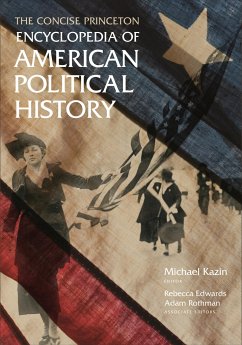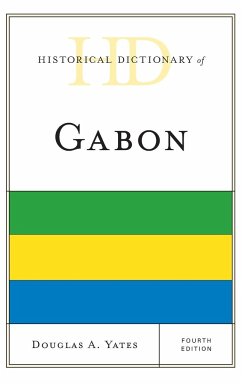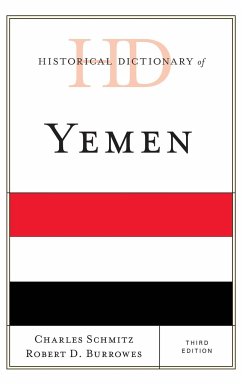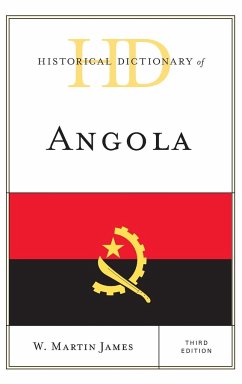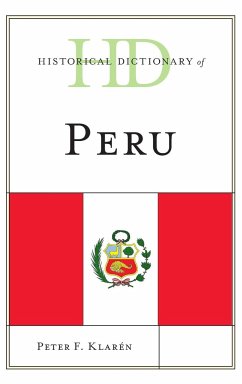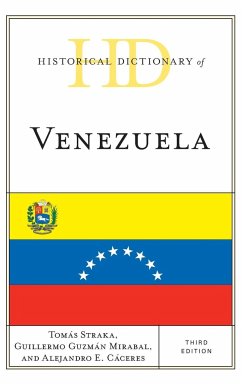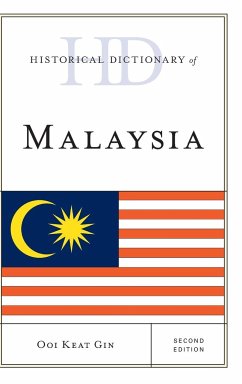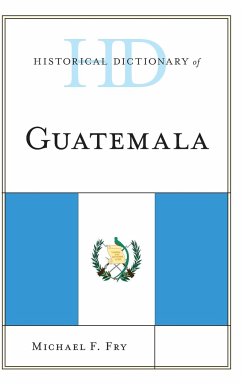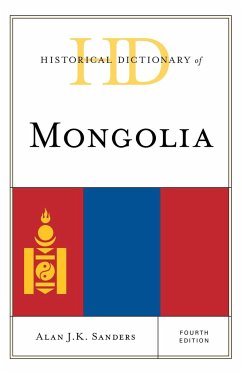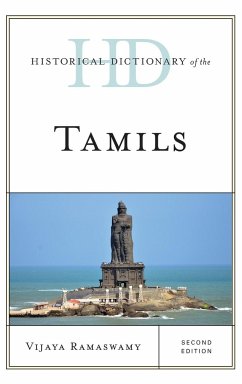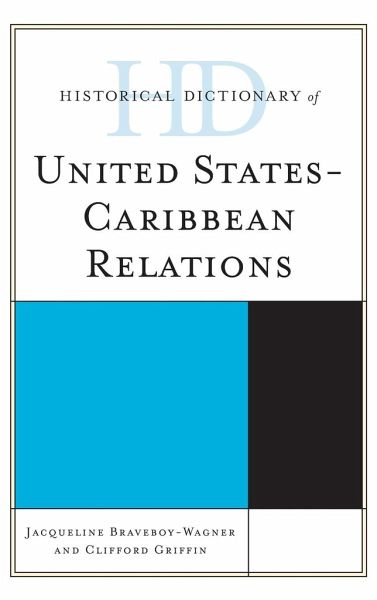
Historical Dictionary of United States-Caribbean Relations
Versandkostenfrei!
Versandfertig in 1-2 Wochen
107,99 €
inkl. MwSt.

PAYBACK Punkte
54 °P sammeln!
The relationship between the world's largest power and the small nations of the Caribbean has been and remains rich and varied. The history of political and security collaboration is long, if not untroubled: the United States is the Caribbean's predominant trade and investment partner, and U.S. culture is as pervasive in the region as are U.S. goods. At the same time, the proximity, smallness, and economic dependence of these countries have all contributed to a tendency for the United States to seek to dominate the region, often enough by resort to hard power. From the nineteenth century throu...
The relationship between the world's largest power and the small nations of the Caribbean has been and remains rich and varied. The history of political and security collaboration is long, if not untroubled: the United States is the Caribbean's predominant trade and investment partner, and U.S. culture is as pervasive in the region as are U.S. goods. At the same time, the proximity, smallness, and economic dependence of these countries have all contributed to a tendency for the United States to seek to dominate the region, often enough by resort to hard power. From the nineteenth century through the Cold War, the United States has resorted to military interventions and coercive diplomacy to ensure that this region, so close to its shores, remains stable and friendly. The Historical Dictionary of United States-Caribbean Relations contains a chronology, an introduction, appendixes, and an extensive bibliography. The dictionary section has over 700 cross-referenced entries on important personalities, politics, economy, foreign relations, religion, and culture.





